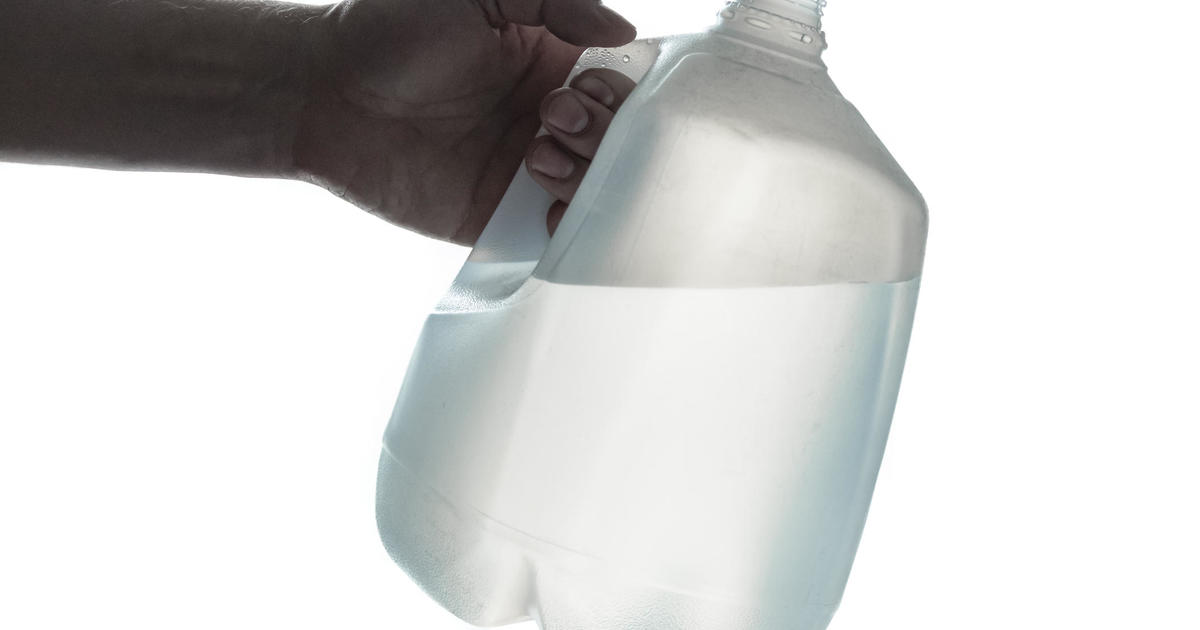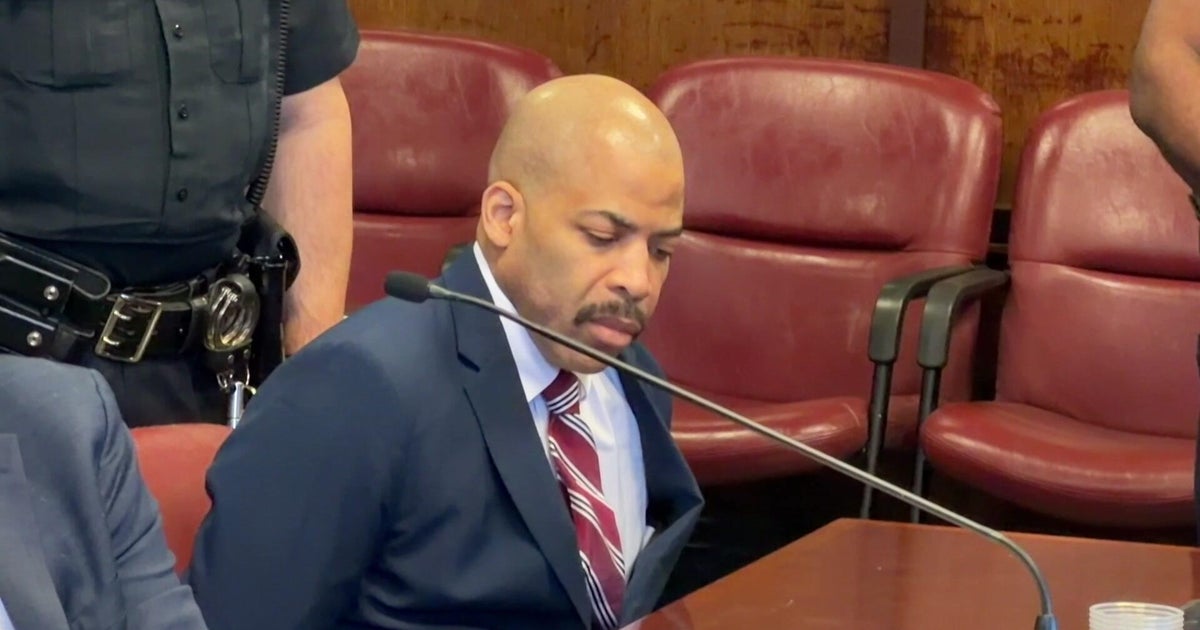FDA Investigating Reports Of Deaths Linked To Monster Energy Drink
NEW YORK (CBSNewYork/AP) -- The highly caffeinated Monster Energy Drink has been cited in five deaths and one non-fatal heart attack, according to reports that are being investigated by the U.S. Food and Drug Administration.
The reports claim that people had adverse reactions after they consumed Monster Energy Drink, which comes in 24-ounce cans and contains 240 milligrams of caffeine, or seven times the amount of the caffeine in a 12-ounce cola.
1010 WINS' John Montone reports
Podcast
Although the FDA is investigating the allegations, which date back to 2004, the agency said the reports don't necessarily prove that the drinks caused the deaths or injuries.
"As with any reports of a death or injury the agency receives, we take them very seriously and investigate diligently," Shelly Burgess, a FDA spokeswoman, said in a statement.
News of the FDA's investigation follows a filing last week of a wrongful death suit in Riverside, Calif., by the parents of a 14-year-old girl who died after drinking two, 24-ounce Monster Energy Drinks in 24 hours.
An autopsy concluded that she died of cardiac arrhythmia due to caffeine toxicity and the medical examiner also found that she had an inherited disorder that can weaken blood vessels. But the child's parents claim Monster failed to warn about the risks of drinking its products.
Monster Beverage Corp., which touts on its website that the Monster Energy Drink is a "killer energy brew" and "the meanest energy supplement on the planet," puts labels on cans that state the drinks are not recommended for children and people who are sensitive to caffeine.
The company, based in Corona, Calif., did not immediately respond to calls seeking comment on Monday, but said last week that it is "unaware of any fatality anywhere that has been caused by its drinks."
Monster is among a growing group of energy drinks on the market. Energy drinks are a tiny part of the carbonated soft drink market, representing about 3 percent of sales volume, according to a recent report by industry tracker Beverage Digest.
But at a time when soda consumption is declining, energy drinks are becoming more popular: Last year, sales volume for energy drinks rose by nearly 17 percent.
The increase in popularity has brought heightened scrutiny. The levels of caffeine in the drinks have raised worries: Although the FDA caps the amount of caffeine in soda to 0.02 percent, there is no such limit for energy drinks.
In August, New York state Attorney General Eric Schneiderman issued subpoenas to energy drink makers, including Monster, as part of the state's investigation of the industry.
In September, Senators Dick Durbin, D-Ill., and Richard Blumenthal, D-Conn., asked the FDA to take another look at the effect that caffeine and other ingredients in energy drinks have on children and adolescents.
"We ask FDA to provide additional information on the safety of multiple additives with stimulating properties in energy drinks when used in combination and with caffeine," the senators said in a letter to the FDA. "While we recognize the FDA's efforts to assess caffeine consumption in the United States, young people are not small adults. Therefore determinations on the safety of caffeine should not be based solely on healthy adults. We ask the FDA to include adolescents and children in their assessment of the safety risks posed by consuming high levels of caffeine, such as those in energy drinks."
The American Academy of Pediatrics (AAP) released a report in May of 2011 that said energy drinks "are never appropriate for children and adolescents."
The report said caffeine in children has been linked to harmful effects on the developing neurologic and cardiovascular systems.
Please share your thoughts below...
(TM and Copyright 2012 CBS Radio Inc. and its relevant subsidiaries. CBS RADIO and EYE Logo TM and Copyright 2012 CBS Broadcasting Inc. Used under license. All Rights Reserved. This material may not be published, broadcast, rewritten, or redistributed. The Associated Press contributed to this report.)







